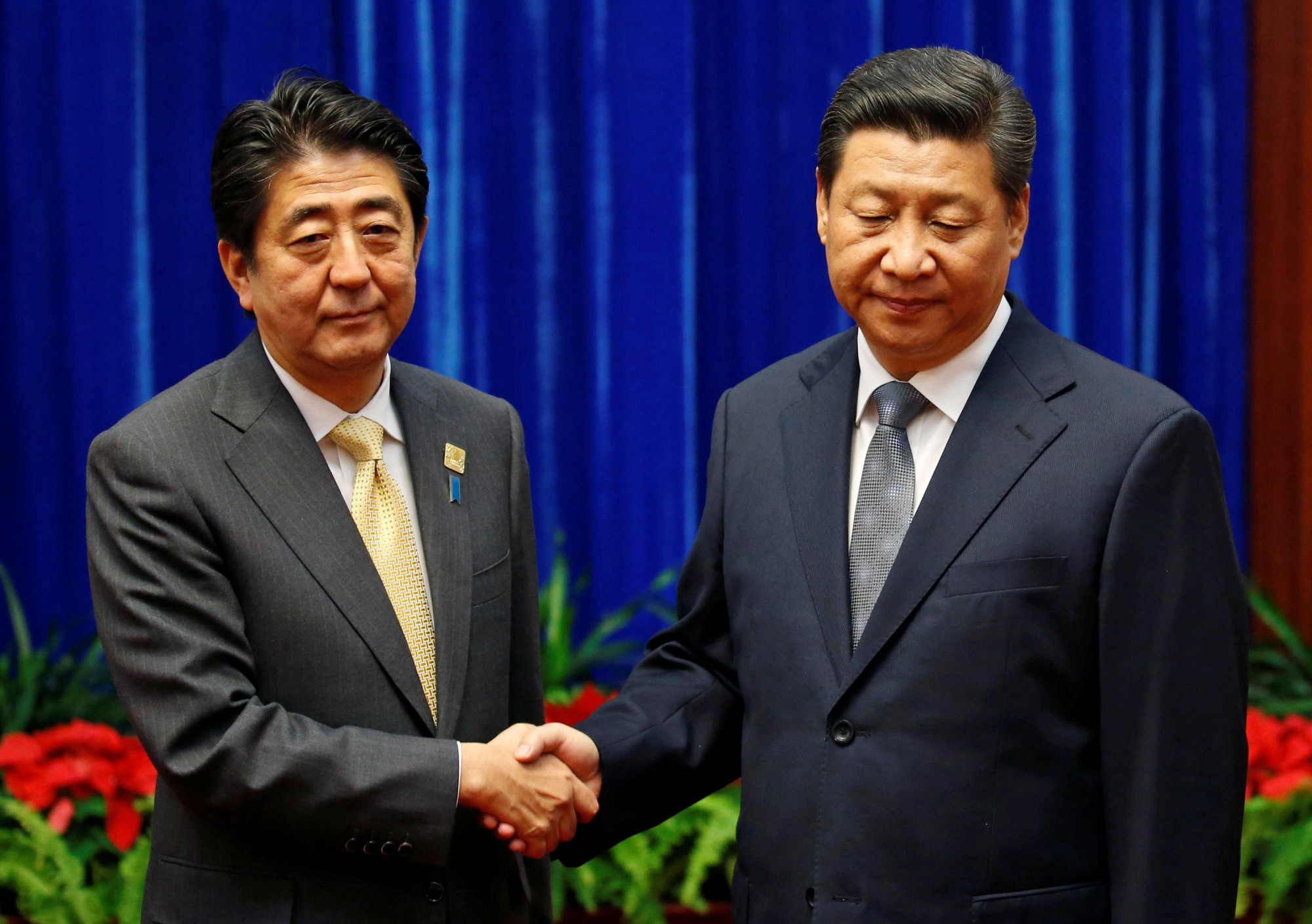To better signal that the U.S. has not backed away from its role as an Asia-Pacific nation amid China's rise, President Donald Trump and his senior advisers should visit U.S. ally Japan as soon as possible, according to a new report by an expert task force detailing China policy recommendations for the new administration.
Written by a group of U.S. experts convened by the Asia Society and the University of California, San Diego — including former officials who have served both Democratic and Republican administrations — the report, released Tuesday, arrived sandwiched between the high-profile visit to Tokyo last week of U.S. defense chief James Mattis and Prime Minister Shinzo Abe's summit talks with Trump in the United States starting Thursday.
It said that Sino-U.S. ties stand at a "precarious crossroads" amid growing tensions between the two powers over maritime disputes that could send the rivals on a "collision course."
















With your current subscription plan you can comment on stories. However, before writing your first comment, please create a display name in the Profile section of your subscriber account page.